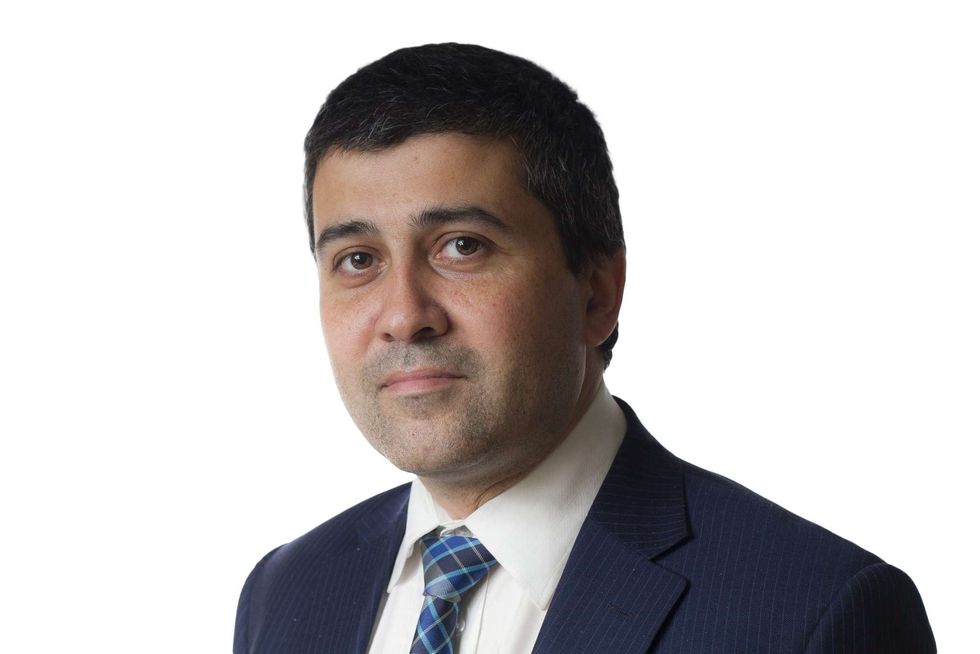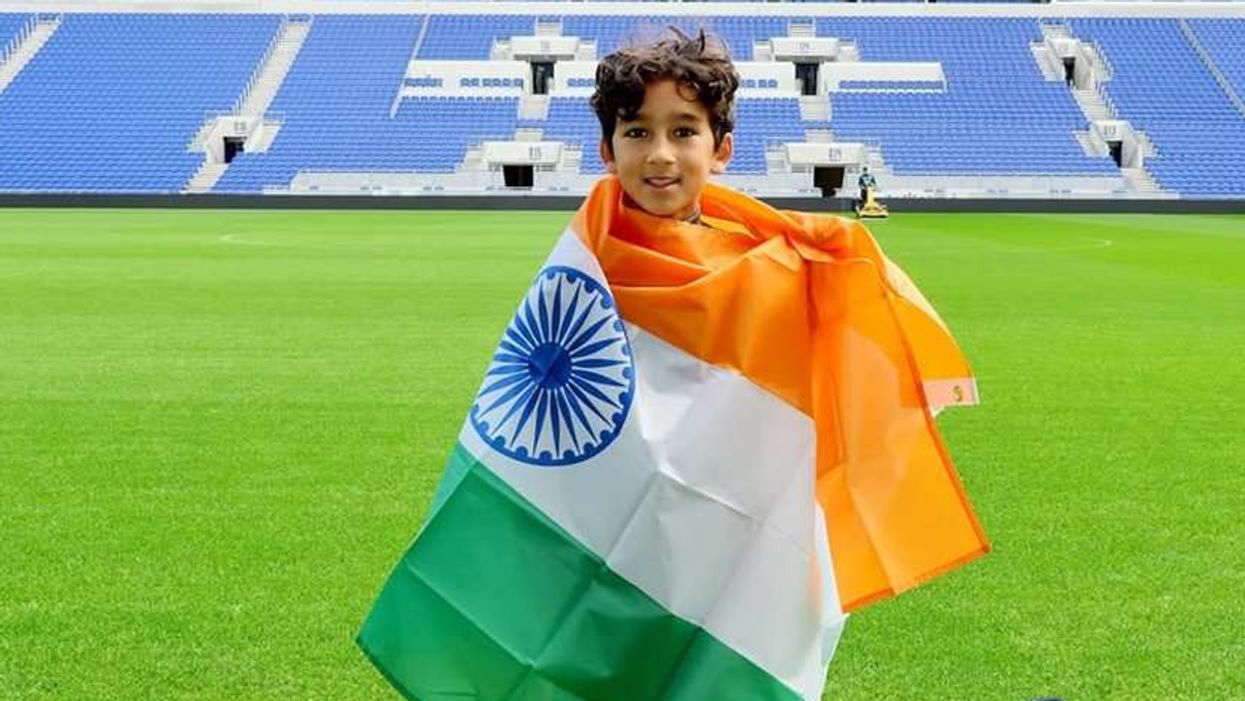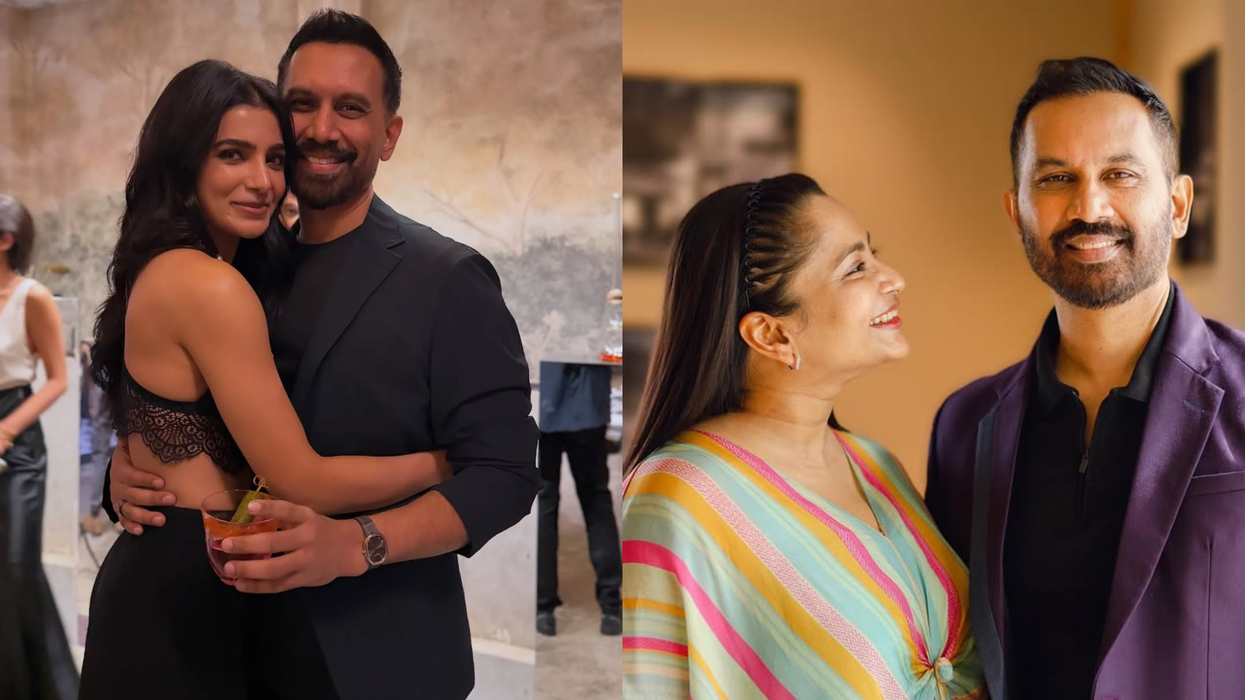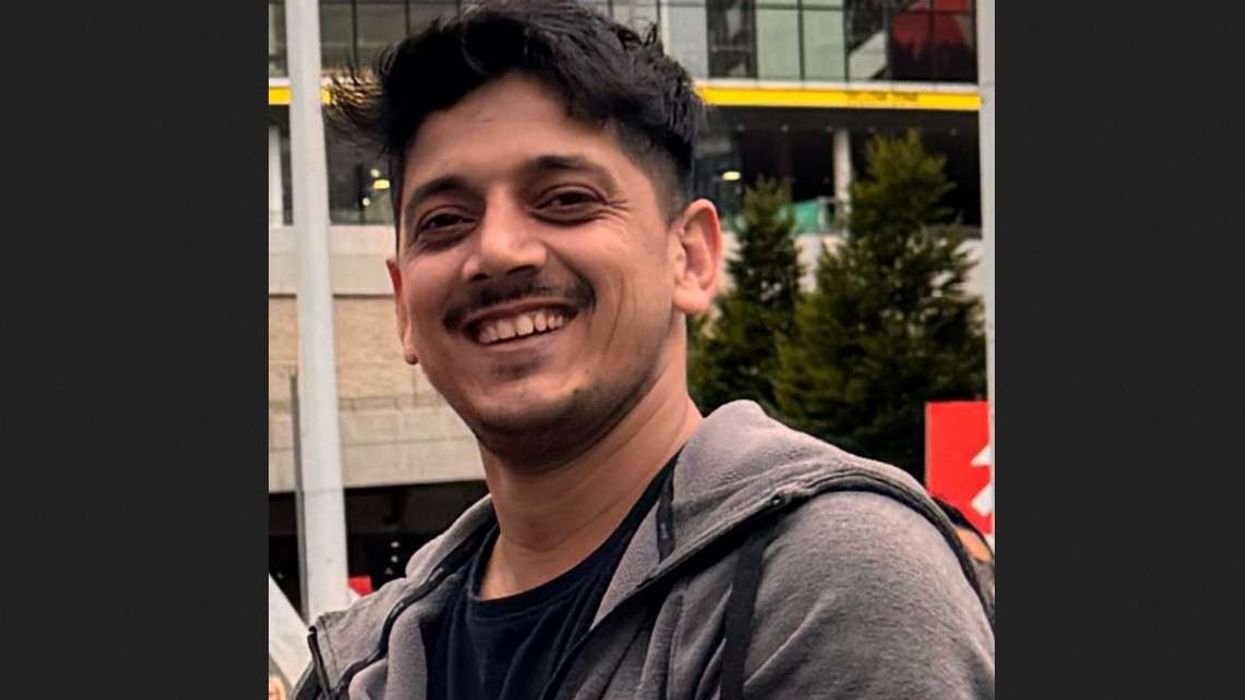THE coronavirus pandemic has changed the way many of us go about our daily lives – including how religious festivals are celebrated.
It was Easter last weekend, the Hindu festival of Ram Navami has just concluded and the Sikh festival of Vaisakhi was celebrated on Monday (13).
Ramadan, one of the most significant religious periods for Muslims, is expected to start next week and lasts for a month. Eid, the festival that celebrates the end of Ramadan, usually sees families and large gatherings come together to celebrate the end of the holy month of fasting.
Typically, religious festivals are communal events and families gather to eat, pray and worship together. However, it is certain that celebrations will look different this year.
As strict lockdown measures have been put into place in light of the coronavirus pandemic, many communities are concerned about how it will affect their festivities.
Places of worship have been closed and gatherings of large groups of people have been banned. This means no communal prayers are permitted until lockdown measures are lifted.
While it may feel strange that celebrations for religious holidays are being held in such different circumstances during the lockdown period, it is important that people adhere to government guidelines.
Places of worship and faith leaders should be promoting social distancing and ensuring that their congregations are aware of the rules and lockdown measures.
During this time, we should also be looking out for those who are at high risk of contracting the virus or have been self-isolating.
We should take the opportunity to reflect and celebrate with close family – and reach out to others virtually, if required.
Staying indoors for these past few weeks has made everyone realise the importance of the close ties that we often take for granted, while time spent in lockdown has also provided people the opportunity to catch up with loved ones. It is a time to offer a hand to those who need the help while being grateful for all that we have and cherish.





 Sunder Katwala
Sunder Katwala







Coronavirus has changed the way of religious festival celebrations